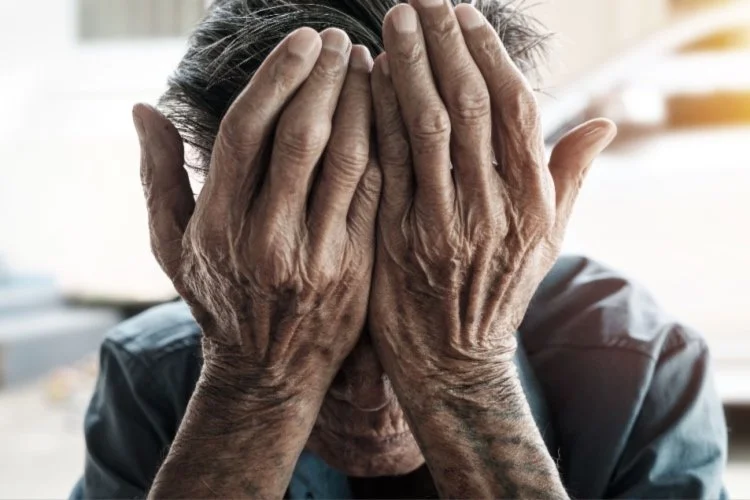Signs Your Loved Ones May Need a Caregiver.
Watching someone you love grow older or face new health challenges can be emotional and overwhelming, especially when you’re trying to figure out when help is truly needed. You want them to stay independent for as long as possible, but sometimes, a little extra support can make all the difference. Here are some gentle signs that it might be time to consider bringing a caregiver into your loved one’s life:
1. Daily Tasks Are Becoming Overwhelming
If you notice your loved one struggling with household chores, cooking, or managing their medications, it may be a sign that daily routines are becoming too much to handle alone.
2. Changes in Hygiene or Appearance
Wearing the same clothes often, skipping showers, or appearing disheveled can indicate difficulty with personal care. These changes aren’t about vanity; they often reflect physical or emotional strain.
3. Forgetfulness or Missed Responsibilities
Regularly forgetting to take medication, pay bills, or attend appointments can signal memory or cognitive challenges. A caregiver can help ensure important tasks are not missed and provide gentle reminders when needed.
4. Increased Falls or Mobility Issues
If walking has become unsteady or there have been recent falls, safety becomes a concern. A caregiver can offer steady support and help maintain independence while reducing risks.
5. Isolation or Withdrawal
Loss of interest in hobbies or avoiding social contact can lead to loneliness and depression. Companionship care can help restore a sense of connection and joy to their daily life.
6. Unexplained Weight Loss or Poor Nutrition
If meals are skipped, food in the fridge goes bad, or your loved one seems to be eating less, it may be time for help with meal planning or preparation to ensure they stay healthy and nourished.
7. Family Caregiver Burnout
If family members feel exhausted or overwhelmed by caregiving responsibilities, that’s a sign too. Everyone needs rest and balance; seeking extra help can support both your loved one and your family’s well-being.
A Loving Decision
Recognizing that your loved one may need a caregiver isn’t a sign of failure; it’s a sign of love. It shows you care enough to ensure they receive the best support possible. Choosing caregiving doesn’t take away their independence; it helps them live safely, comfortably, and with dignity. By noticing the signs early, families can plan and choose the right level of care, whether that’s a few hours of support each week or full-time assistance. Caregiving is not just about safety; it’s about improving quality of life, preserving dignity, and giving peace of mind to both your loved one and your family.


